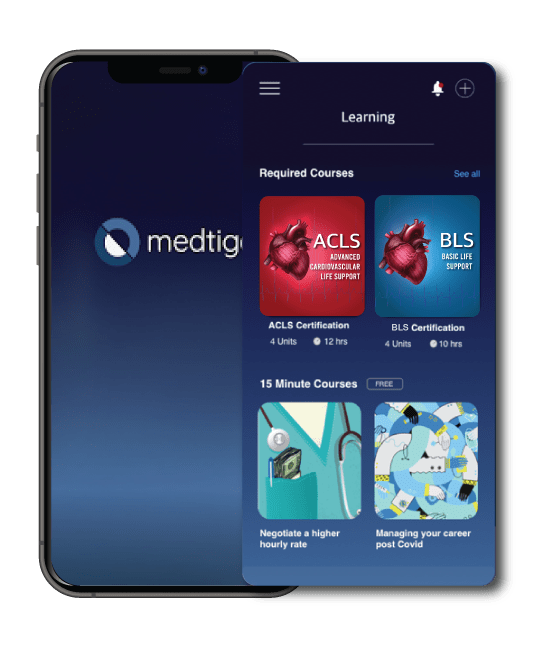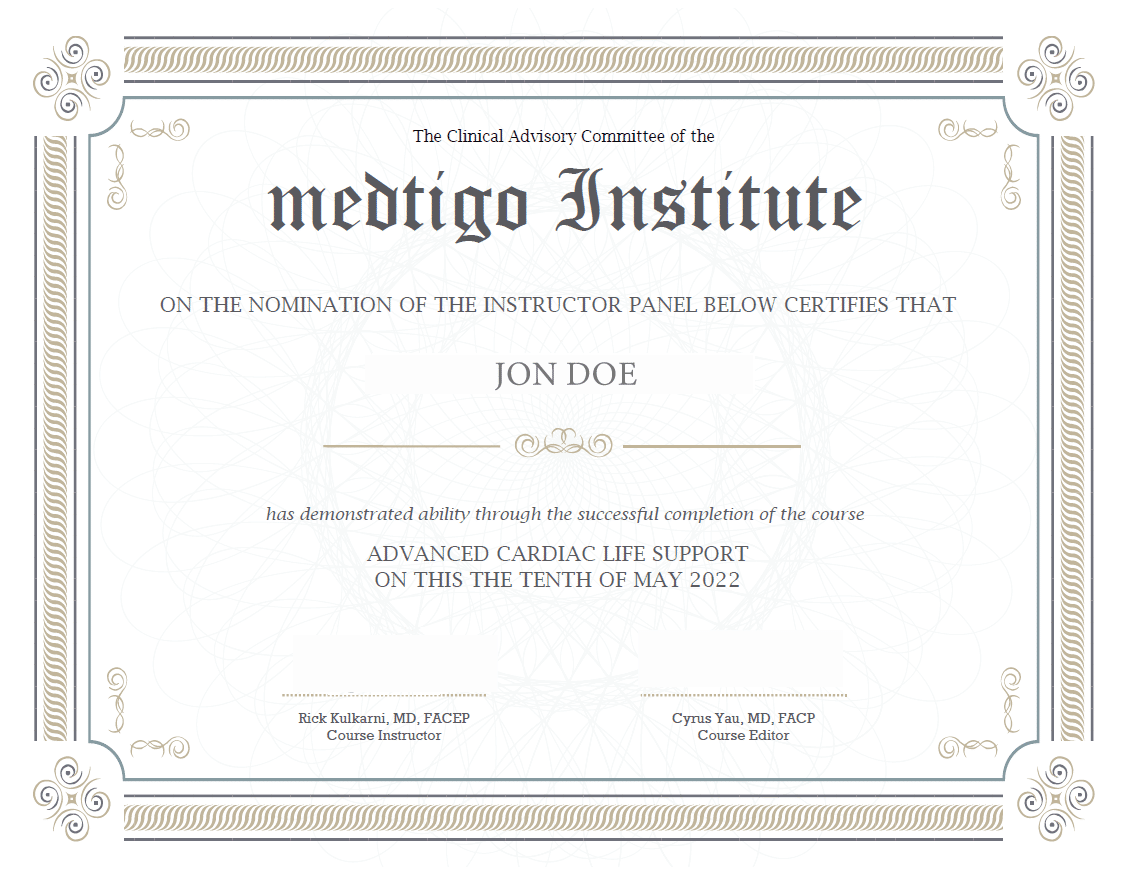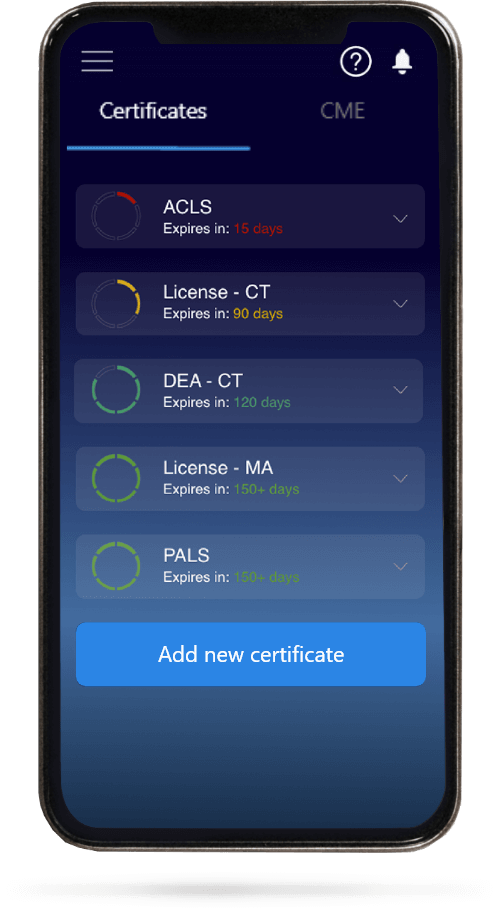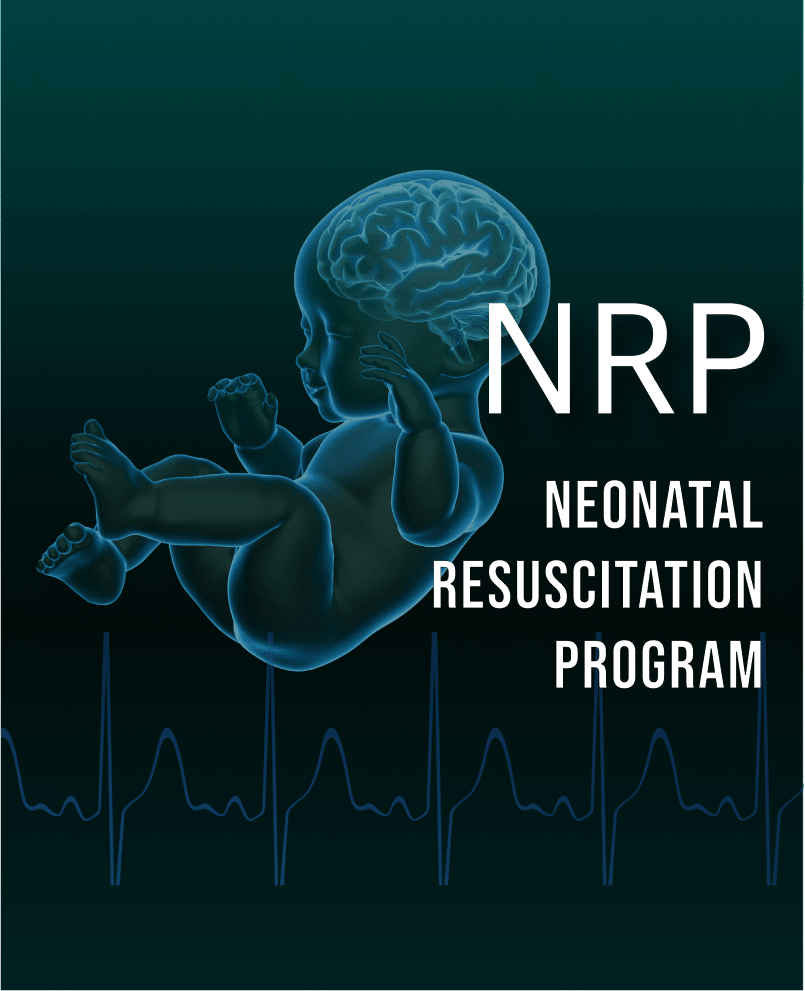A recent early-stage clinical trial conducted by scientists from the University of Pittsburgh School of Medicine has shown promising results in the field of living donor liver transplants. The trial, reported in Science Translational Medicine, explored the feasibility and safety of infusing immune cells derived from the donor into the recipient a week before transplantation.
The goal was to investigate whether this innovative approach could eventually lead to weaning transplant recipients off long-term immunosuppressant medications, which can have serious side effects, such as cancer, diabetes, kidney failure, and increased susceptibility to infections.
The senior author of the study, Angus W. Thomson, Ph.D., D.Sc., a distinguished professor of immunology and surgery at the University of Pittsburgh, and a member of the Thomas E. Starzl Transplantation Institute, expressed optimism about the trial’s findings.
“Right now, we’re seeing preliminary evidence that this intervention is modifying the recipient’s immune response in such a way that we may be able to safely reduce—or even withdraw—immunosuppression. It would be a significant service to the transplantation community if patients are no longer dependent indefinitely on immunosuppressants.”
The unique aspect of living donor liver transplants (LDLT) is that the liver has the remarkable ability to regenerate. In LDLT, a living donor donates a portion of their liver to someone in need, and both the portion left in the donor and the part given to the recipient regrow into full-sized livers.
The Phase 1 trial enrolled 15 patients scheduled to receive an LDLT who would also receive a donor immune cell infusion. These 15 patients were compared to 40 LDLT patients who did not receive the infusion. Several weeks prior to surgery, the research team extracted blood from the donors for the trial patients and separated out monocytes, a type of white blood cell.
They then induced these monocytes to develop into regulatory dendritic cells (DCregs), a type of immune cell that assists the immune system in distinguishing foreign invaders from parts of the body that should be left alone. A week before the transplantation, the newly created DCregs were infused into the recipient patients, and the transplant proceeded as it would in standard practice. The patients were given immunosuppressant medications just as they would have if they had not received the DCregs.
The primary objectives of the trial were to assess feasibility and safety. Notably, there were no significant safety differences between the patients who received the DCreg infusion and those who followed the standard-of-care protocol. Moreover, the researchers demonstrated that adding the DCreg infusion to the clinical workflow did not compromise the timely completion of the transplantation.
However, the research team went beyond assessing safety and feasibility; they also investigated differences in immunologic activity between the two patient groups. A year after the transplant, they observed that the patients who received the DCreg infusion exhibited a reduction in other immune cells that would typically signal a negative reaction to the transplanted liver. This reduction has shown promise in animal studies as a means to successfully wean animals off immunosuppressants.
The researchers plan to continue monitoring the trial participants and expect to report additional results in about a year. This innovative approach has the potential to transform the field of transplantation and improve the quality of life for organ transplant recipients by reducing their dependency on long-term immunosuppressant medications.
Reference
Lillian Tran et al, Donor-derived regulatory dendritic cell infusion modulates effector CD8+ T cell and NK cell responses after liver transplantation, Science Translational Medicine (2023). DOI: 10.1126/scitranslmed.adf4287.











